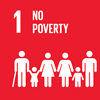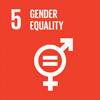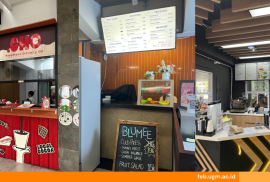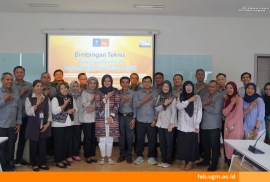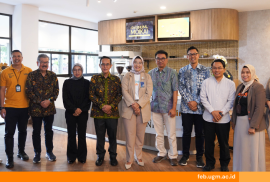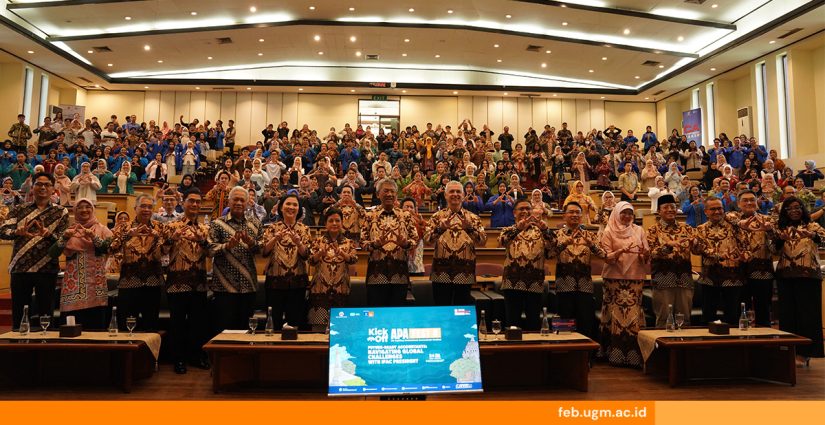
People often see digitalization and the development of artificial intelligence (AI) as threats to the accounting profession. However, Professor Syaiful Ali, M.I.S., Ph.D., Ak., CA., a Professor at the Faculty of Economics and Business, Universitas Gadjah Mada (FEB UGM), emphasized that the presence of AI will not replace or eliminate the role of accountants. Instead, accountants who master technology and are skilled at leveraging AI will replace those who do not master AI and are unprepared to adapt to change.
According to Ali, mastering technology alone is insufficient for accountants to face global challenges. They must also develop skills such as creativity, communication, and empathy.
“Be proactive accountants who are ready to transform,” he said during the APAFest 2025 event titled “Future-Ready Accountants: Navigating Global Challenges,” organized through a collaboration between the Indonesian Institute of Accountants (IAI) and FEB UGM. On Saturday, May 24, the event took place in a hybrid format at the UGM Master of Management Campus in Yogyakarta, with over 500 participants from across Indonesia in attendance.
Meanwhile, Sophia Wattimena, Commissioner of the Financial Services Authority (OJK), highlighted the significant shift in the accounting profession due to digitalization. Accountants are no longer confined to administrative roles but are increasingly required to become providers of strategic insights. Therefore, accountants must be able to utilize technology and machine learning.
Professor Sidharta Utama, a member of the IFAC Board, added that accounting education must adapt to future needs. He emphasized the importance of lifelong learning and strengthening the curriculum to cover accounting techniques, business strategy, risk management, corporate governance, and cross-disciplinary skills.
Professor Lindawati Gani, a member of the National Council of the Indonesian Institute of Accountants (IAI), underlined the importance of accountants’ readiness to face the implementation of sustainability reporting standards (ISSB S1 & S2), which Indonesia will begin to apply in 2027. She stated that future financial reporting will include both financial and non-financial aspects. She stated that future financial reporting will encompass financial and non-financial factors. This will need accountants to get sustainability reporting, internal controls, and corporate governance.
Reporter: Shofi Hawa Anjani
Editor: Kurnia Ekaptiningrum
Sustainable Development Goals (SDGs)

